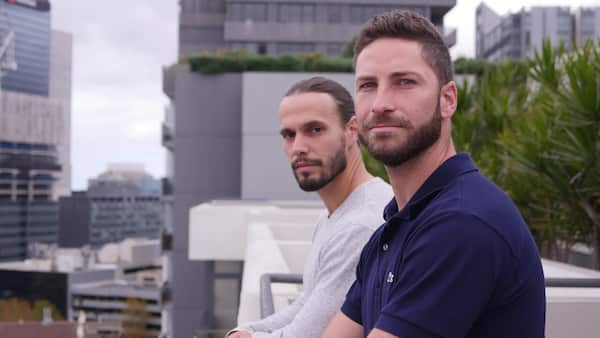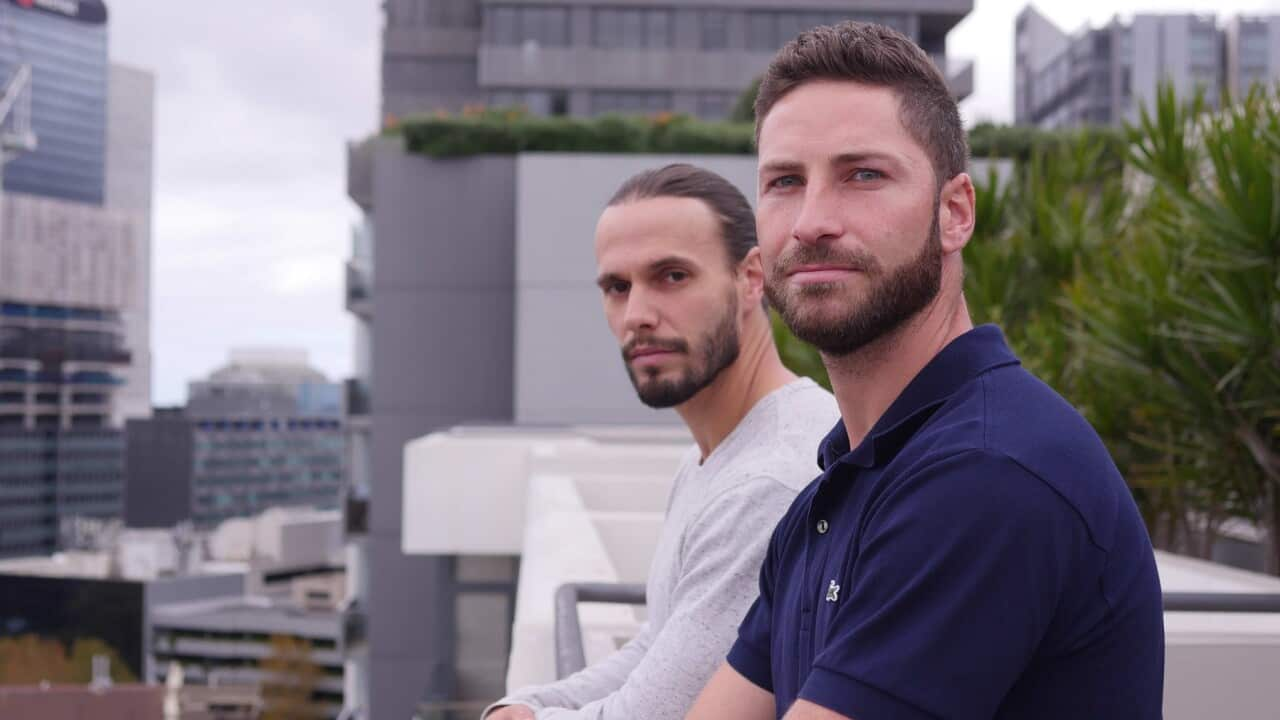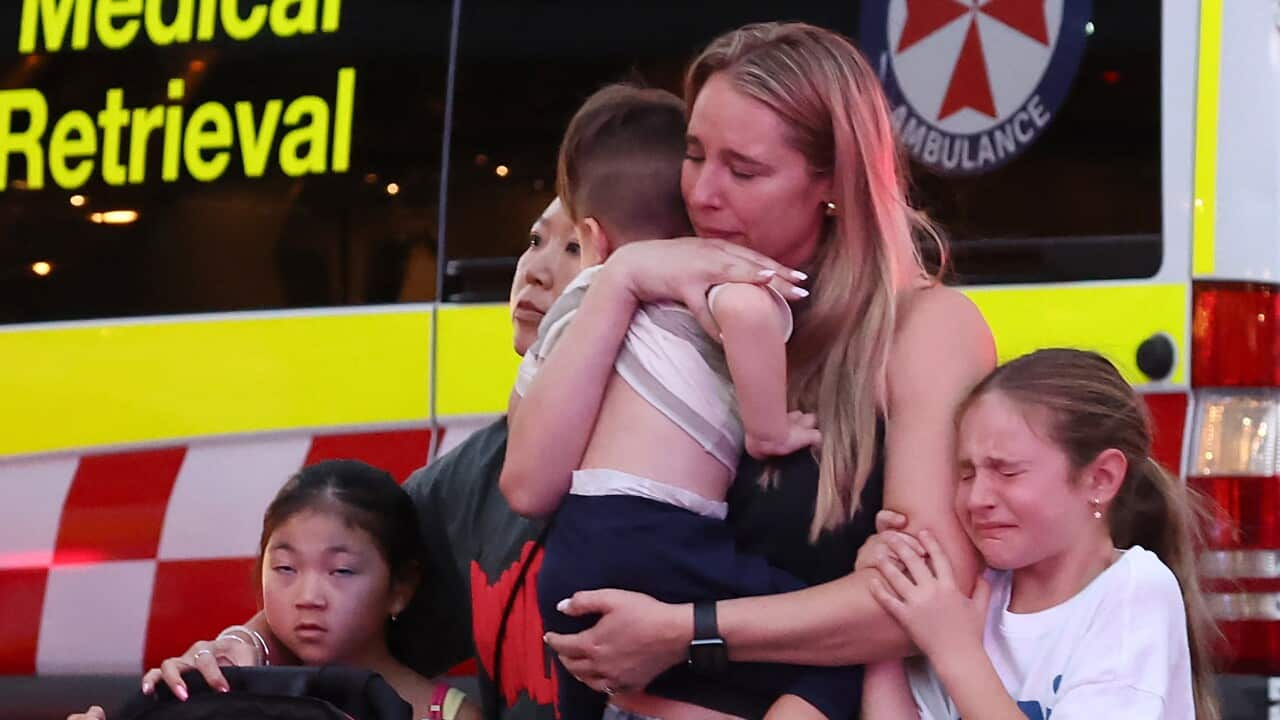Permanent residency in Australia is a stressful, lengthy, and expensive process, that takes those leaving their home countries years to obtain.
Damien Guerot was after courageously confronting the Bondi Junction attacker, .
The Frenchman leapt to protect strangers, with footage of him confronting attacker Joel Cauchi on an escalator with a bollard going viral on social media and earning him the title "Bollard Man".
His actions were labelled heroic, with and publicly offering him permanent residency.

Source: Twitter
However, experts argue the case exposes "double standards" in Australia's immigration system.
Bollard man highlights a 'broken' immigration system
Kon Karapanagiotidis, chief executive of the Asylum Seekers Resource Centre, said people shouldn't have to risk their lives to secure residency in Australia.
"I'm thrilled he's been offered the right to remain here," he told SBS News.
LISTEN TO

Was it fair to give instant residency to the 'Bondi Bollard' man?
SBS News
01/05/202407:04
"However, it shouldn't require migrants and refugees risking their lives, being superhuman, and putting themselves in danger in ways that most Australians wouldn't to actually get a fair process, a fair go or permit in this country."
He said it shows "how populist and broken the immigration system is, that it takes something like this for someone to actually get a fair go in process".
Karapanagiotidis, who has worked in immigration for more than two decades, pointed to the case of security guard Muhammad Taha to demonstrate the system's "double standards".
Taha was hospitalised after confronting the Bondi attacker, but the Pakistani Muslim
had a delayed response from Albanese and waited several days longer for a permanent residency offer.
"The Albanese government had to be shamed into offering Muhammad the same treatment goes again to the issue of racism in our immigration system," Karapanagiotidis said.
"With one being a palatable white migrant, the other one being a man of colour from Pakistan, a Muslim. It really is damning to see the double standard there."
Recognition push for migrants left in limbo
Hassan Jaber, a single father, was one of many refugees who assisted their community during the Black Summer bushfires in 2019-2020.
He has difficulties accessing education and healthcare due to his stateless status, as he is not considered a resident of Australia or Kuwait, which he left in 2012.
The founder of Justice for Refugees argues many refugees go unrecognised for volunteering contributions to their communities, especially during emergencies such as bushfires or the COVID-19 pandemic.

Injured Bondi Junction security guard Muhammad Taha (in wheelchair) watches on during the funeral for Faraz Tahir in Sydney. Source: AAP / Dan Himbrechts
"After that we didn't see anyone mention anything about refugees. We have been doing a lot of campaigns that we're giving the blood donations, or the communities and no-one mentions anything about that."
Migrant Workers Centre's deputy chair Shankar Kasynathan said it's important the work of refugee and asylum seekers is not forgotten.
"I think that it's important when we talk about fairness… we consider being able to recognize and celebrate all Australians, not just those who we somehow arbitrarily pick," the former Tamil refugee told SBS News.
"I think it was quite damning and a poor reflection on us as a nation, when we can choose some migrants over others, seemingly to be given the security that all of us seek.”
In a written statement, a Department of Home Affairs spokesperson confirmed portfolio ministers have personal intervention powers under the Migration Act 1958 that allow them to grant a visa to a person, if that minister thinks it is in the public interest to do so.
The spokesperson said the minister only intervenes in a relatively small number of cases which present unique and exceptional circumstances.
They did not respond to questions about the preference of countries and religions when providing permanent residency.












